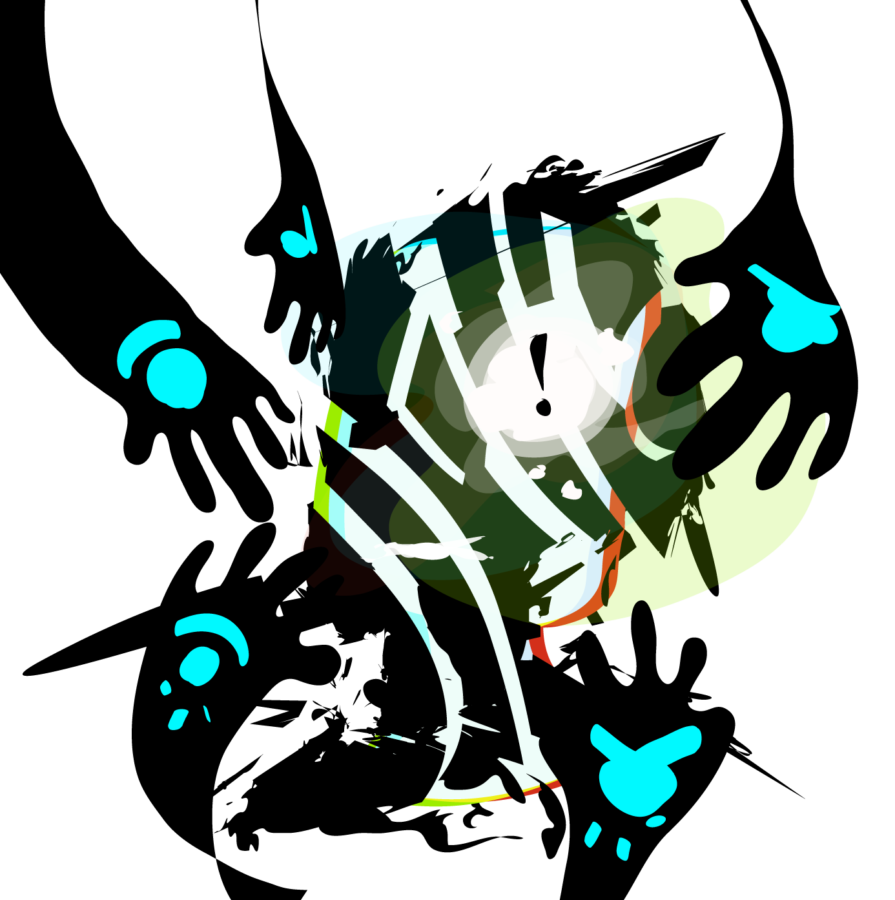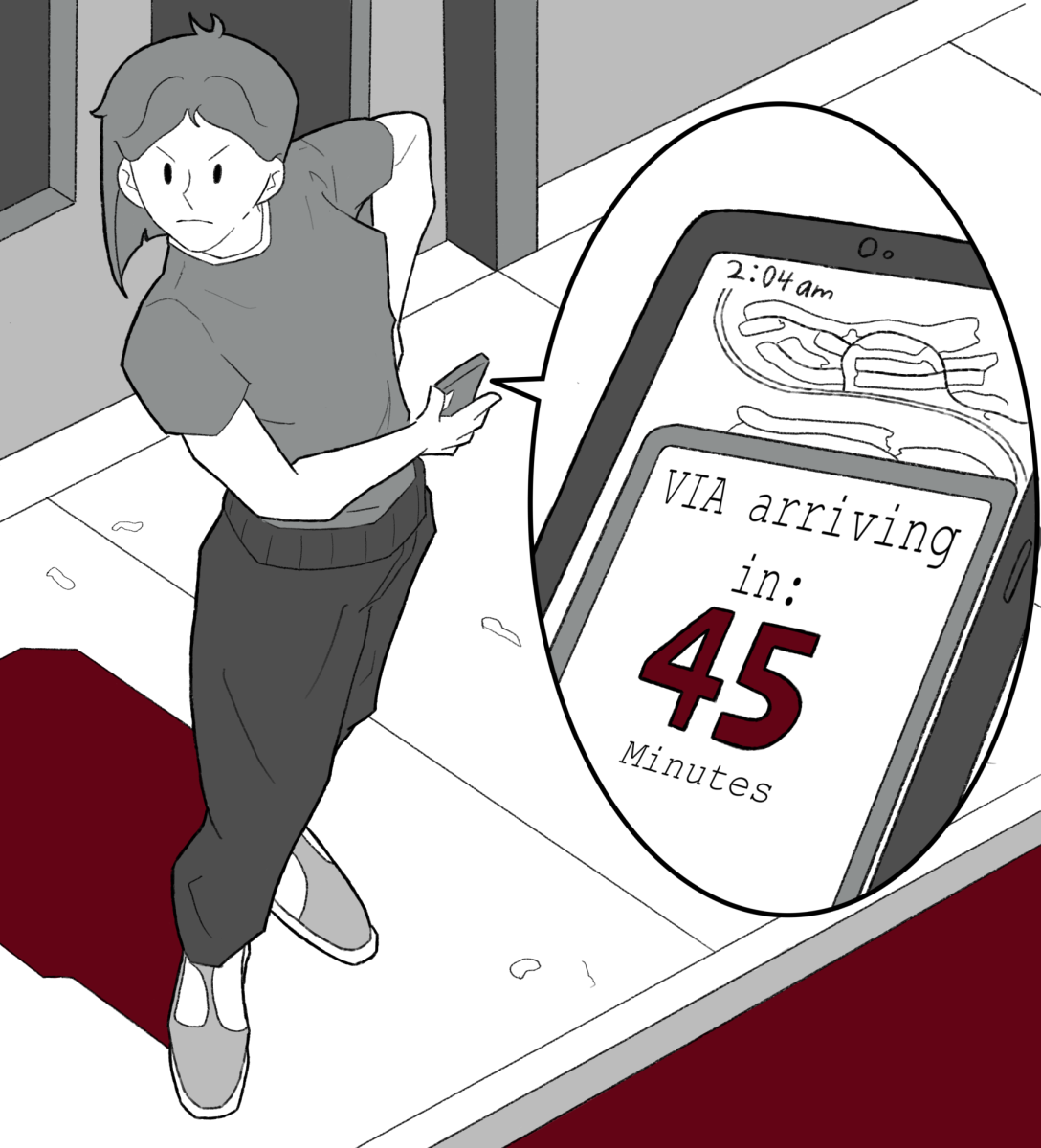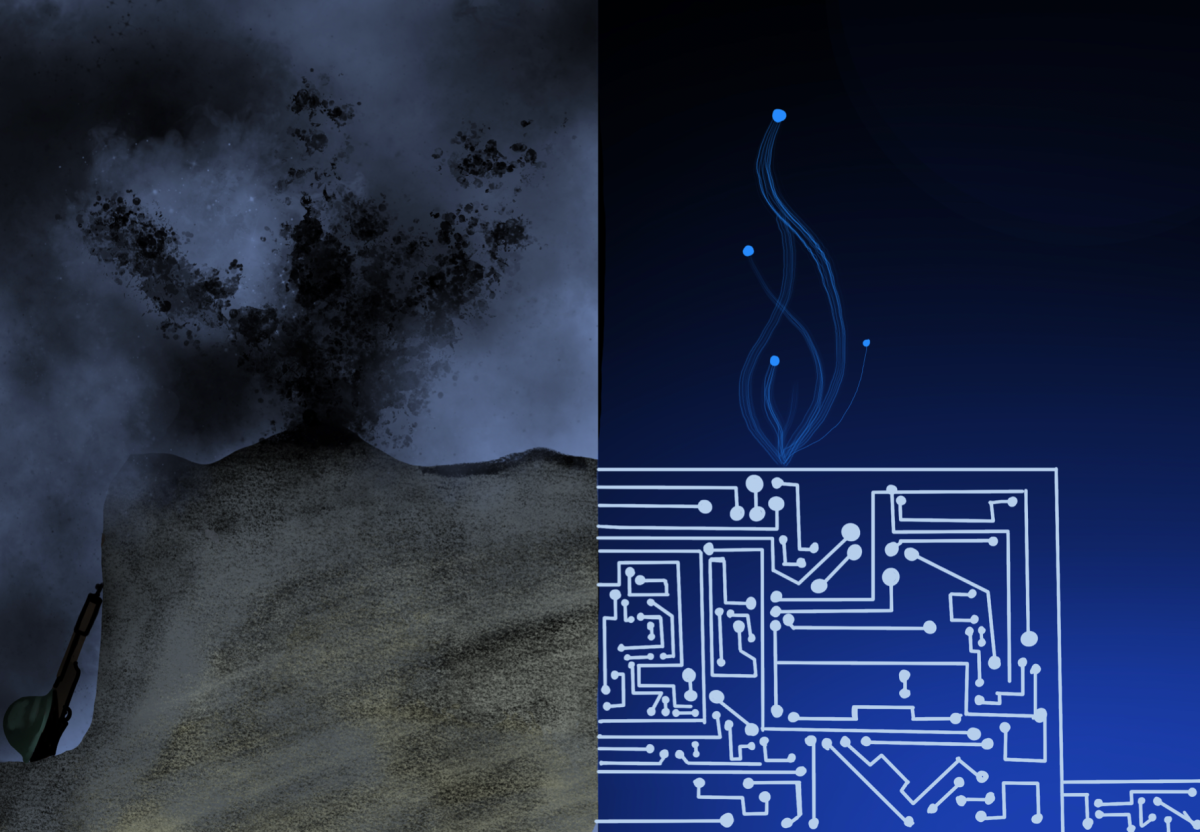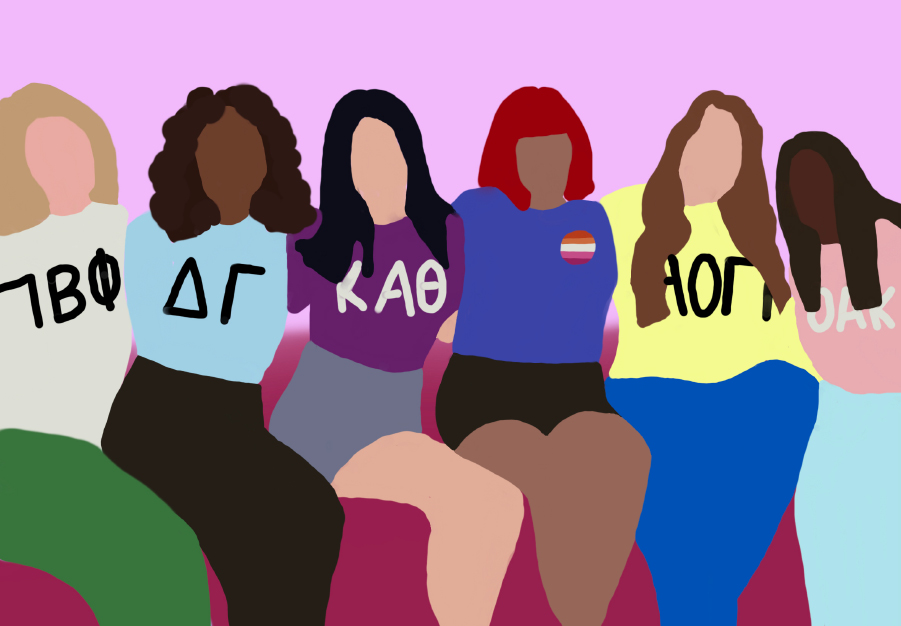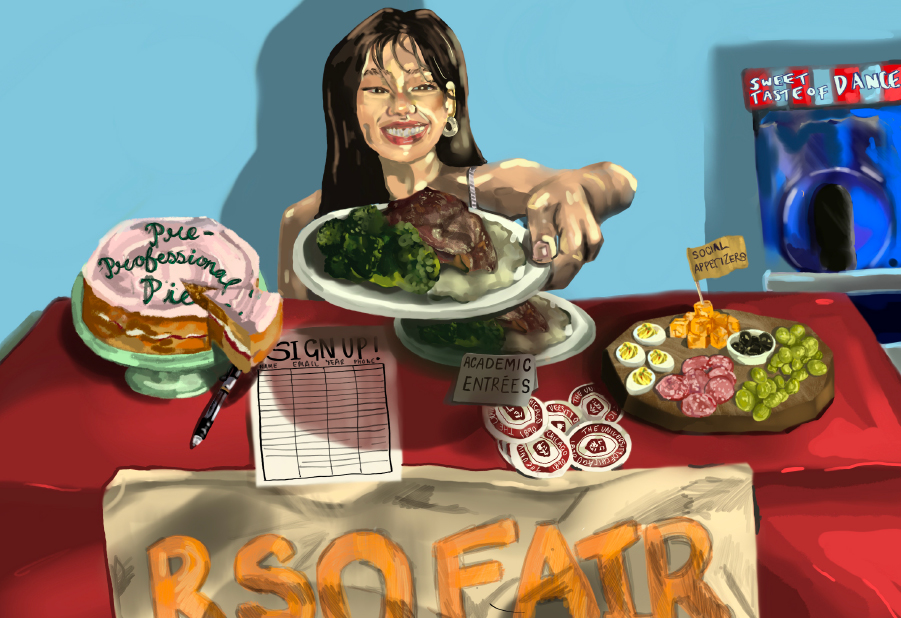When I was five, my family went to the beach for 27th time since the year before, when I started counting. My mother swam out to the far buoy; my father read in a foldout chair. I played only-child tag, fleeing waves before the cold water reached my ankles until, exhausted, I paused to watch my mother swim back and forth. Then, I had a thought.
What if she drowned?
What if I never talked to her again? Would it be my fault for even thinking it?
These thoughts compounded as bad thoughts do. I think about anxiety in terms of ants—and not just because of the skin-crawling and picnic-ruining or because psychologists call Automatic Negative Thoughts ANTs. Anxiety is a stubborn infestation. Where there are ANTs, there are more ANTs. Soon, a hostile takeover is afoot, black bodies spill across the floor, and you can’t step off your bed for fear of drawing the attention of an army.
Ask anyone with anxiety and they might share a similar story—their first memory of an ANT invasion. In manageable cases, anxiety is a double-edged sword: both a frustrating obstacle and an adaptable tool for success. Words like “perfectionist” and “go-getter” are frequently code for people with high-functioning versions of disorders like anxiety, OCD, and depression, and thus it is no coincidence that so many of us end up at elite institutions. Colleges like UChicago and its peer institutions are happy to claim these achievers, but then fail to provide support when those same students struggle with mental health on campus. Suicide is the second leading cause of death on college campuses, and schools seem more likely to respond with suicide nets than with preventative care.
Perhaps it is unsurprising, then, that some members of the Class of 2022, after meeting online last year, formed support groups in anticipation of mental health struggles come September. More than SAT scores, GPAs, or extracurriculars, what many of us have in common is that we’ve spent high school performing a balancing act to manage and master our individual ANThills. Now, with classes underway, we find ourselves members of a culture in which ambition is a cardinal value and balance is frequently dismissed as unambitious.
We’re left with a paradox: The perfect UChicago student is happy, on top of things, and neurotypical, but to succeed at this school seems to require social withdrawal, caffeine reliance, and frayed nerves. As myriad student voices name this issue and demand institutional change from within publications, RSOs, and student government, UChicago responds with Band-Aids, not cures. We get study breaks, yoga classes, and educational pamphlets, but are simultaneously hit with greater academic pressure than ever. As one first-year physics major said, “While the school frequently pushes initiatives to supposedly address mental health, the structure, speed, and grading format of many courses directly contradict these efforts.” For example, the physics department now “strongly recommends” that incoming physics majors complete the honors physics sequence during their first year at the College, regardless of their test-based placement and background in the subject. Students from high schools that did not offer the prerequisites are left feeling that unless they take a class for which they’re unprepared, they will likely not be able to pursue the major and, by extension, their chosen career path. This is the UChicago way: Make it impossible for students to choose the less ambitious path without feeling ashamed, but ensure that they simultaneously feel empowered by the false choice—after all, is uniform honors enrollment not evidence of our school’s academic and intellectual rigor?
Meanwhile, support provided to students, particularly first-years, is far from ideal. My academic advisor, for example, left mid-year, as did multiple other advisors charged with guiding the Class of ’22 through Core requirements and their first year in the College. Although they were eventually replaced, this created a gap in student access to trusted help during an essential add-drop period. Although access to mental health professionals through the University’s counseling is essential, students report difficulty getting appointments. A first-year English major I spoke to told me that “though Student Counseling Services and Student Disabilities both try their hardest to provide for students, they are severely understaffed, and the sheer volume of those seeking help far exceeds their capacity. The University also doesn’t do enough to publicize its health resources, especially to international students and students coming into the College without a mental health diagnosis.” A second-year studying anthropology added, “Our student counseling services are much less staffed than at peer institutions, and the University mostly does fake things like giving us a day of therapy dogs rather than doing substantive things to reduce the problematic stress culture.”
What I would like to see from our school is a greater commitment to cultural change, as opposed to mere lip service. Expansion of the peer counseling program, conversations about stress management with more available and committed advisors, and a mental health–focused review of the school’s major and Core requirements seem like good places to start.
I know that when pressure builds in my chest after a harrowing exam, or when I start my fourth cup of coffee of the day to make sure I can stay up long enough to finish an essay, it helps me to take a deep breath and remind myself that I came to the University of Chicago in the hope that one day, I can use the skills and network I gain here to make the world a better place. I have said this before, but it warrants repetition: Our school succeeds when its students go on to do great things in the world—discover cures, spur social and political movements, create life-changing art. That is only possible when the school that chose us for our drive, passion, and ambition recognizes the struggles that can accompany these qualities and gives us the tools we need to succeed.
Ruby Rorty is a first-year in the College.


